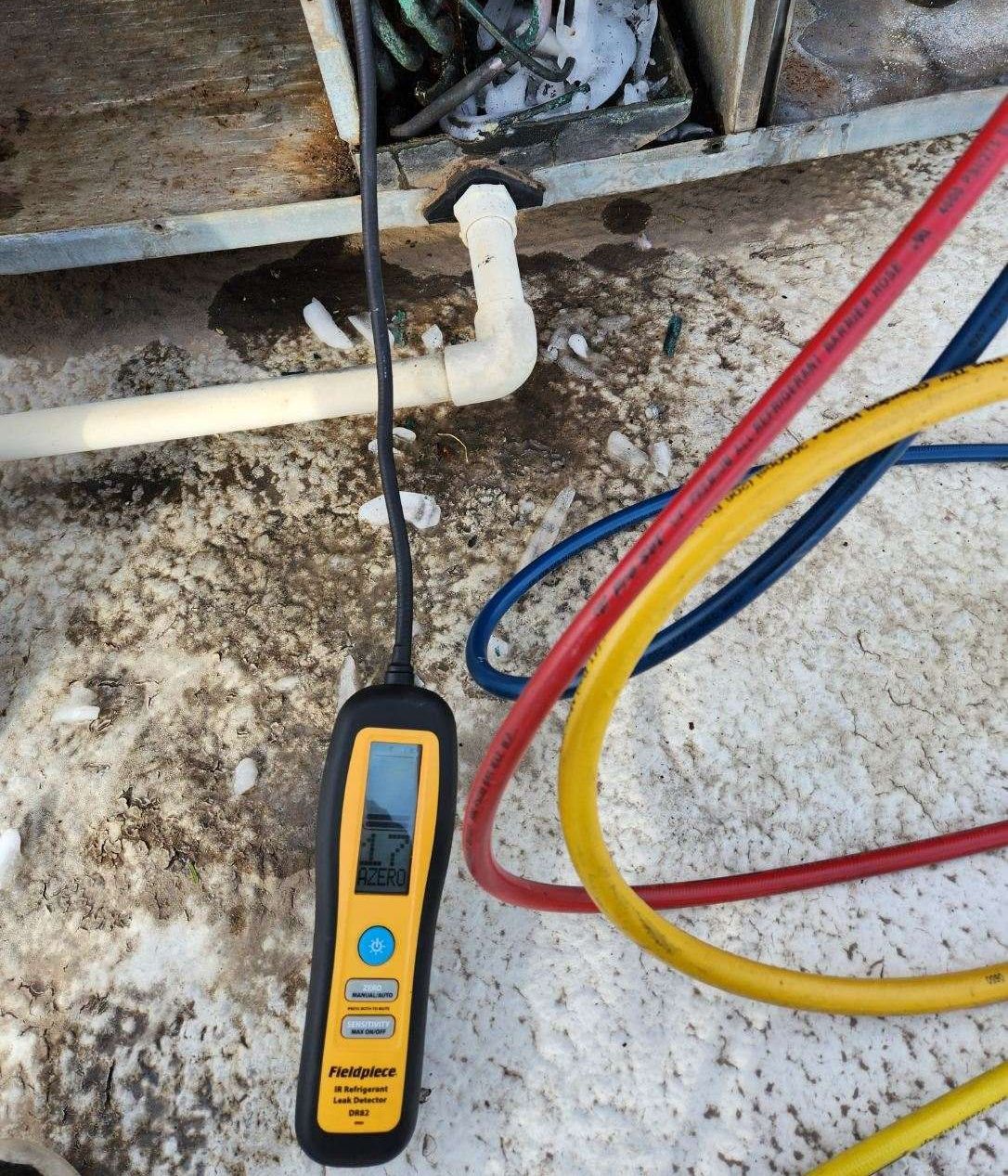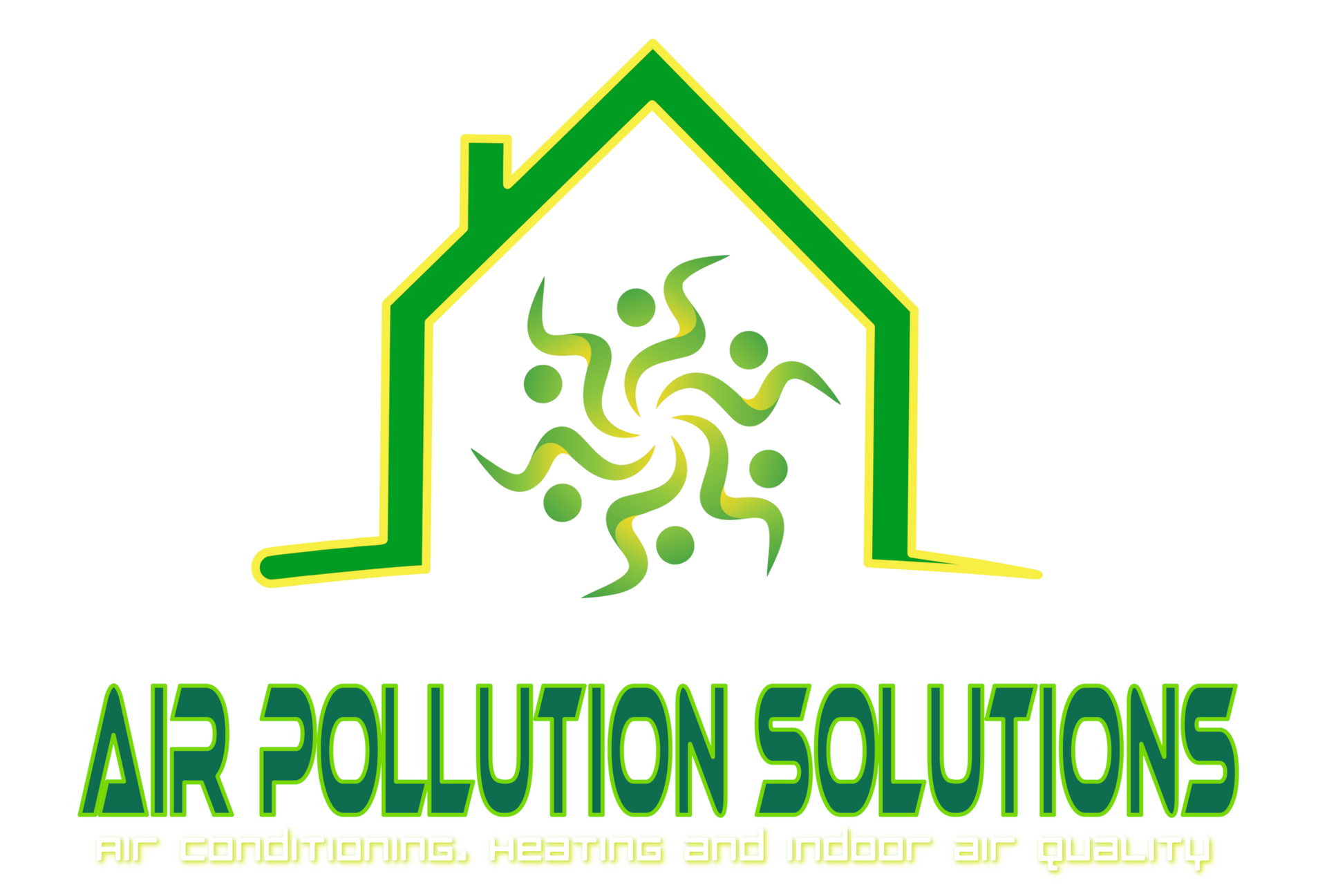The Importance of Maintaining Your AC
An air conditioner's filters, coils, and fins require regular maintenance for the unit to function effectively and efficiently throughout its years of service. Neglecting necessary maintenance ensures a steady decline in air conditioning performance while energy use steadily increases.
Just like any large piece of machinery, like a vehicle or refrigerator, an air conditioning unit is made up of many, many components. Some of them are meant to be replaced or cleaned periodically, without which they can become dirty, eventually leading to a harder working system and a whole bunch of problems. Some of these are a lot easier for homeowner's themselves to maintain but other parts of the system can only be opened, diagnosed or maintenanced, repaired or replaced by professionals with the right tools and equipment.
Coming up we have some of the more common issues we face with our air conditioners and what we can do for these situations!
1. Air Conditioner Filters
The most important maintenance task that will ensure the efficiency of your air conditioner is to routinely replace or clean its filters. Clogged, dirty filters reduce the amount of airflow and significantly reduce a system's efficiency. In addition, when airflow is obstructed, air can bypass the filter and deposit dirt directly into the evaporator coil and impair the coil's heat-absorbing capacity. Replacing a dirty, clogged filter with a clean one can lower your air conditioner's energy consumption by 5% to 15%.
For central air conditioners, filters are generally located somewhere along the return duct's length. Common filter locations are in walls, ceilings, or in the air conditioner itself. Room air conditioners have a filter mounted in the grill that faces into the room.
Some types of filters are reusable; others must be replaced. They are available in a variety of types and efficiencies. Clean or replace your air conditioning system's filter or filters every month or two during the cooling season. Filters may need more frequent attention if the air conditioner is in constant use, is subjected to dusty conditions, or you have fur-bearing pets in the house.
2. Air Conditioner Coils
The air conditioner's evaporator coil and condenser coil collect dirt over their months and years of service. A clean filter prevents the evaporator coil from soiling quickly. In time, however, the evaporator coil will still collect dirt. This dirt reduces airflow and insulates the coil, reducing its ability to absorb heat. To avoid this problem, check your evaporator coil every year and clean it as necessary. This is a task usually performed on maintenances and by technicians.
Outdoor condenser coils can also become very dirty if the outdoor environment is dusty or if there is foliage nearby. You can easily see the condenser coil and notice if dirt is collecting on its fins.
You should minimize dirt and debris near the condenser unit. Your dryer vents, falling leaves, and lawn mower are all potential sources of dirt and debris. Cleaning the area around the coil, removing any debris, and trimming foliage back at least 2 feet (0.6 meters) allow for adequate airflow around the condenser, and definitely call for pros if these become too gunked up or if they are in especially precarious areas!
3. Condensate Drains and Drain Pans
Occasionally pass a stiff wire through the unit's drain channels as sometimes they can clog, this is another task that is often performed by professionals as the clogs can get pretty serious. Clogged drain channels prevent a unit from reducing humidity, and the resulting excess moisture may discolor walls or carpet.
Sometimes a clog will also cause an overflowing drain pan which will need to be vacuumed out and then cleaned. This treatment is common during maintenances as well.
4. Low Refrigerant
If you ever notice that your air conditioner isn't cooling as it used to, taking longer than usual to cool in the middle of the day or not going below a certain temperature or strange ice on the tubing coming out of your system you may have a shortage of refrigerant. This also causes the pressures of refrigerant to be off balance. When refrigerant levels are not in balance, it can cause the refrigerant to become too cold and restrict airflow. Restricted airflow places tremendous strain on your air conditioner and can cause your evaporator coil to freeze up and stop working (hence the iciness on the tubing). This is one of those issues that can definitely only be checked by professionals with proper tools and gauges, and that can only be purchased with a license so give us a call if you're noticing these symptoms.


